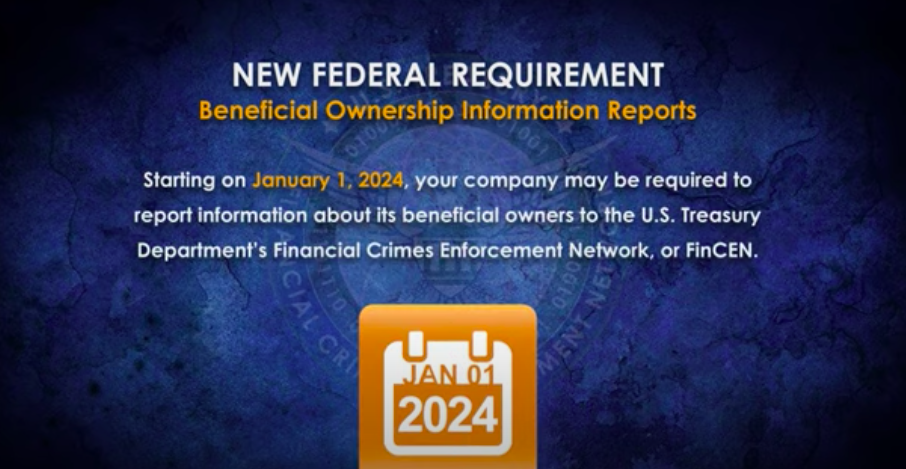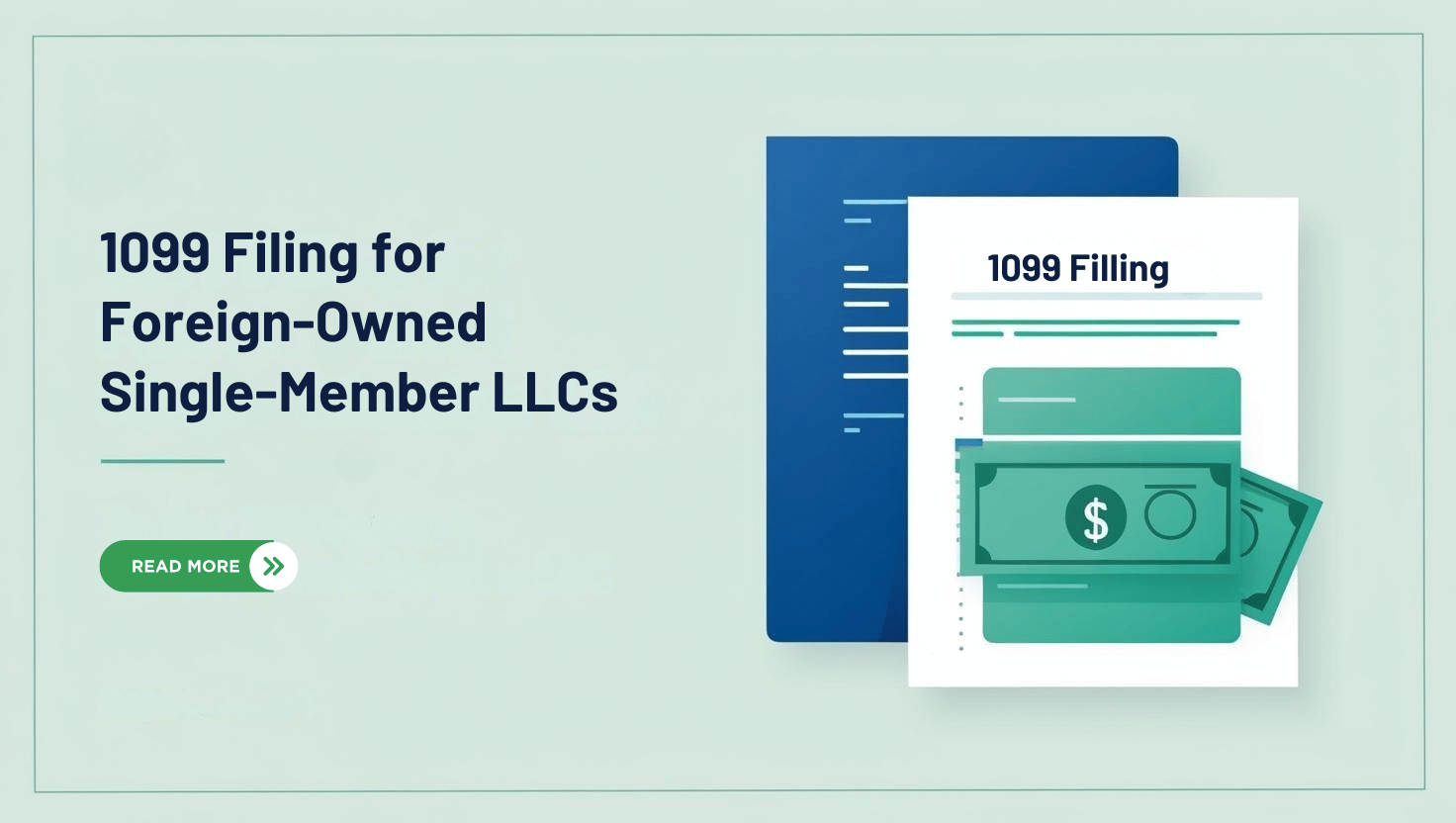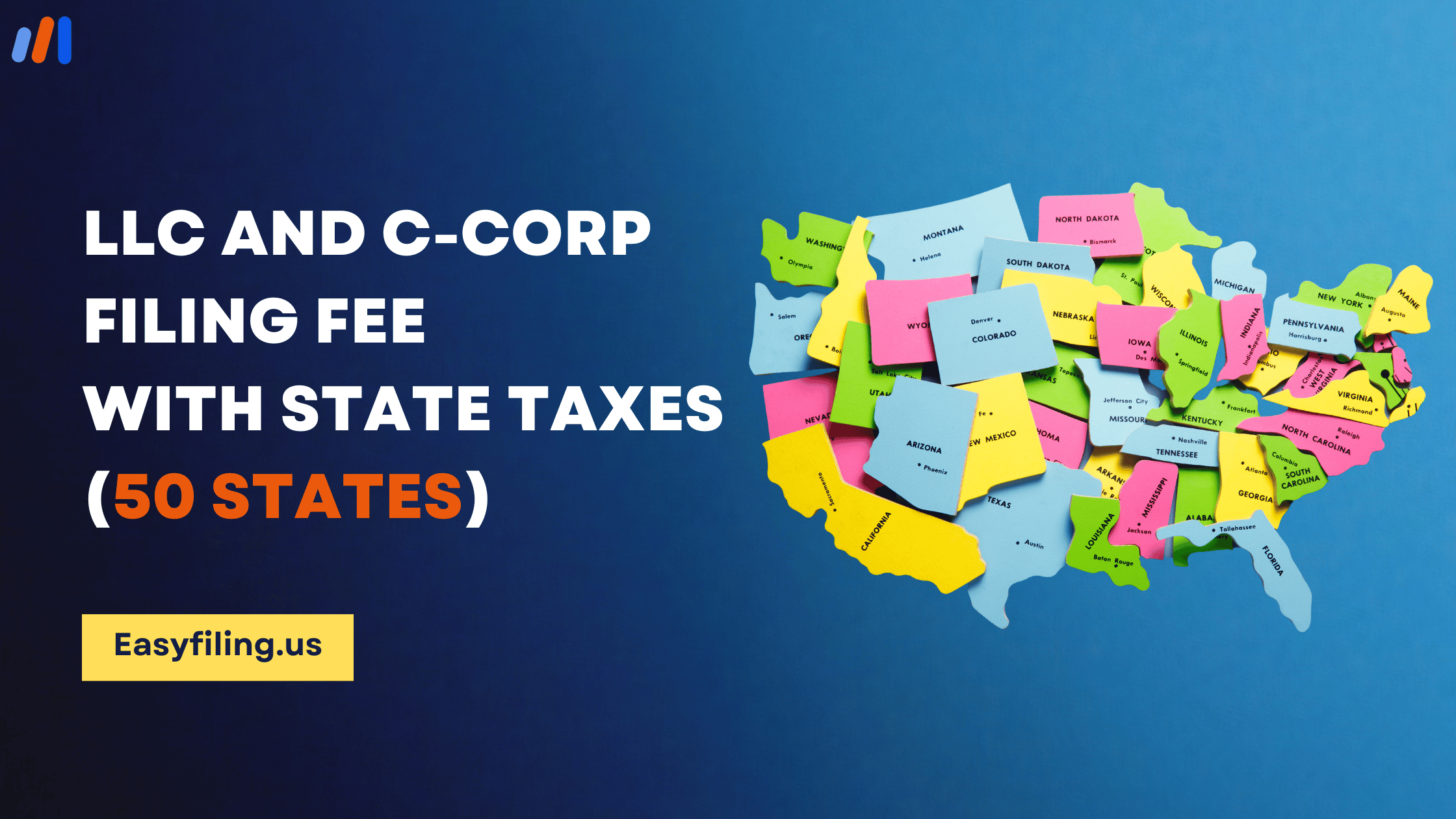Why is the Corporate Transparency Act important? Well, it imposes penalties for non-compliance, making it crucial for companies to understand and comply with the requirements. Congress enacted the act on January 1, 2021, but the reporting requirement will begin on January 1, 2024. So, currently, you can’t file reports yet, but it’s important to start preparing for it.
Let’s dive into what the act entails:
- Government Agencies: The act focuses on the Financial Crimes Enforcement Network (FinCEN), a government agency responsible for combating financial crimes like money laundering and terrorist financing. The Internal Revenue Service (IRS) also plays a role in collecting taxes.
- Reporting Companies: The act requires companies to comply with reporting requirements and share information about their beneficial owners with FinCEN. Reporting companies include entities created by filing documents with the Secretary of State, such as corporations, LLCs, LLPs, and sole proprietorships.
- Exemptions: There are exemptions for certain types of entities, such as subsidiaries, inactive entities, companies regulated by specific industries (e.g., insurance, banking), and large domestic corporations with more than 20 employees and over $5 million in sales. Entities that opened after January 1st or have less than $1,000 in transactions may also be exempt.
- Beneficial Ownership Information (BOI) Report: Reporting companies must disclose information about their beneficial owners in the BOI report. A beneficial owner is an individual who directly or indirectly exercises substantial control over the company or owns or controls at least 25% of its ownership interests.
- BOI Disclosure: Beneficial owners must provide their full name, date of birth, current residential address, and a unique identifying number. A government document such as a passport or driver’s license can serve as proof of identity.
- Filing and Updates: Reporting companies must file an initial report and make corrections or updates when there are changes to the ownership. Generally, the filing is not an annual requirement but rather a one-time obligation unless there are ownership changes.
- Penalties for Non-Compliance: Non-compliance with the act can result in civil penalties of $500 per day and criminal penalties of up to $10,000 in fines and two years of imprisonment. The severity of penalties may vary based on the extent of non-compliance.
It’s important to note that the information shared with FinCEN is not publicly available. It is primarily used by law enforcement agencies and shared with non-US law enforcement agencies or foreign governments upon request. Financial institutions may also access the information with consent from reporting companies.
To comply with the act, reporting companies will need to submit reports electronically through FinCEN’s secure system. The first reports will be accepted starting January 1st, but they cannot be submitted before that date. If you’re planning to open a company next year or already have one, ensure that you understand the requirements and file the necessary reports within the specified time frame. Non-compliance could result in significant penalties and legal consequences.
For more detailed information and specific guidance tailored to your situation, it is recommended to consult with professionals or reach out to EasyFiling.
Disclaimer: This blog post provides a general summary of the Corporate Transparency Act. Please note that we are not legal and accounting experts. For complete accuracy and legal advice, we recommend referring to official sources and consulting professionals in the field.
FAQs
What is Beneficial Ownership Information Reporting (BOI)?
BOI is a requirement for certain businesses to report information about their beneficial owners to the Financial Crimes Enforcement Network (FinCEN). A beneficial owner is an individual who owns or controls 25% or more of the ownership interests of a business, or has significant control over the management of the business.
Who must file a BOI report?
As of January 1, 2024, all corporations, limited liability companies (LLCs), and other similar entities created or registered to do business in the United States, except for certain exempt entities, must file a BOI report.
What information is required in a BOI report?
The BOI report requires the following information about each beneficial owner: full legal name, date of birth, current address, and a unique identifying number (such as a passport number or driver’s license number.
How do I file a BOI report ?
The FinCEN has not yet released the official form for filing BOI reports. However, information about the form will be posted on FinCEN’s website once it becomes available.
What are the penalties for failing to file a BOI report?
Businesses that fail to file a BOI report may be subject to civil penalties of up to $500 per day, and criminal penalties of up to $10,000 and/or imprisonment for up to two years.
File Your LLC Today
25$ off with a coupon
Lock in EasyFiling's transparent rates and get lifetime compliance support at no extra cost.
Get Started Now







